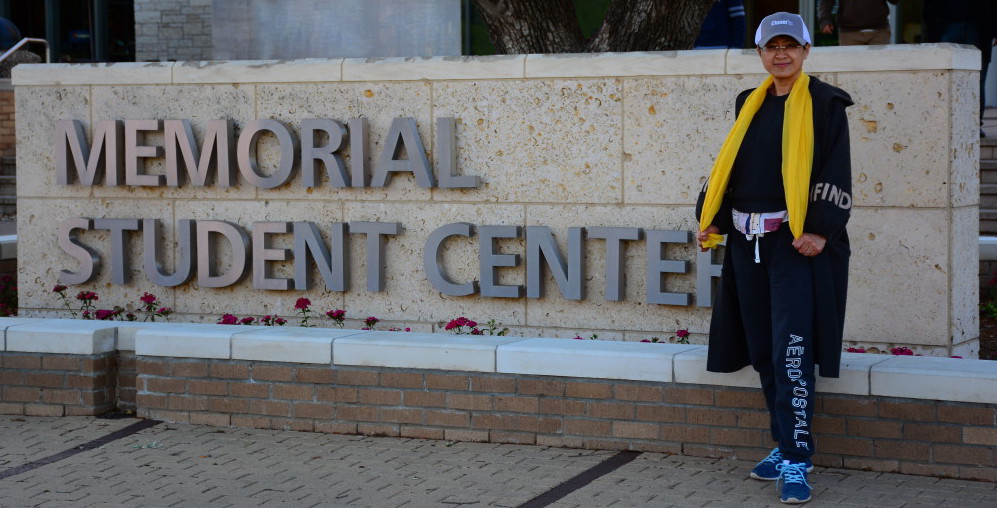Ling Wang

Ling Wang is a professor from Northeast Forestry University, Harbin, China where she does research and teaches in the field of landscape horticulture and ornamental breeding and genetics. Her teaching responsibilities include teaching courses Landscape Dendrology and Wild Ornamental Genetic Resources. She focuses her research efforts on the breeding of iris in China. Other research includes molecular studies such as transcriptome analyses, the function of flower color regulation gene and transgenic breeding.
She spent 12 months beginning in December 30, 2017 as a visiting scientist in the Department of Horticultural Sciences in Texas A&M University under the supervision of Dr. David Byrne. At Texas A&M University, she examined flower development in a range of rose cultivars during spring, summer, and fall to document how it changes with the changing climatic conditions.
She also participates in many of the normal the activities of the Rose Breeding and Genetics Program. This includes the evaluation of the large rose variety and germplasm collection. On a monthly basis, we evaluate the disease resistance, flower productivity, flower quality and overall landscape quality of each rose. This characterization is essential to rank our rose germplasm collection for breeding usefulness.
She has also participated in scientific presentations, workshops, or seminars on campus.
